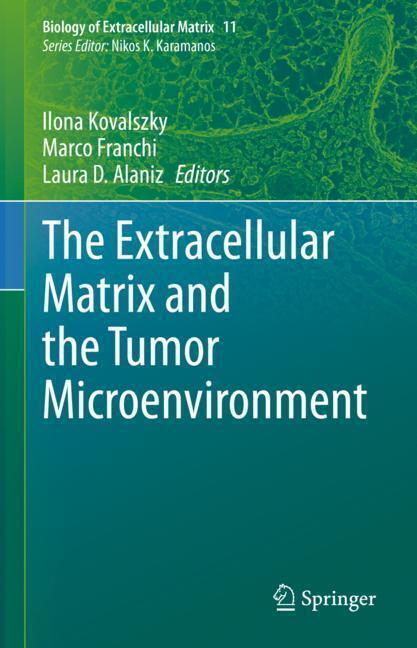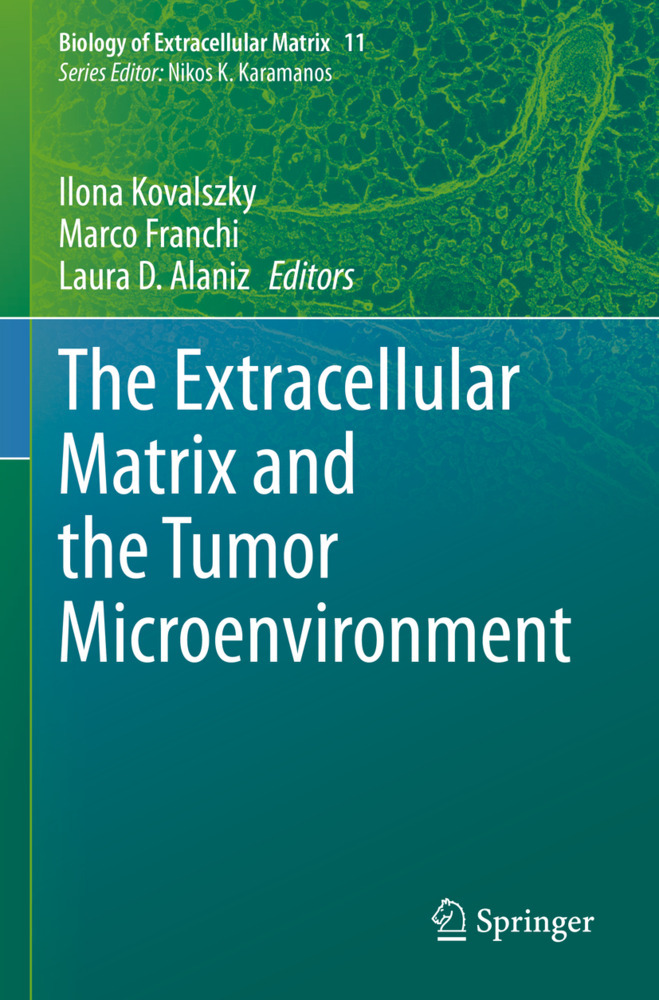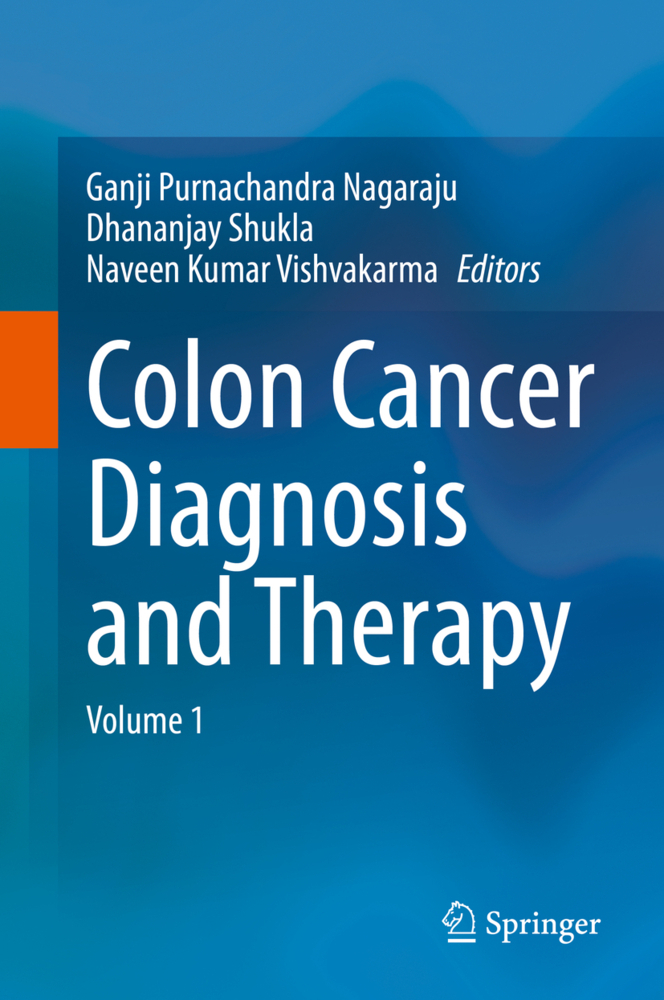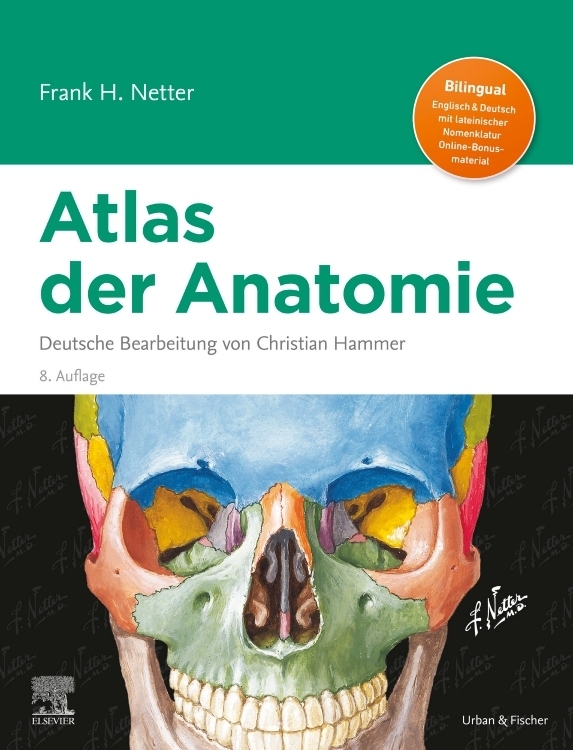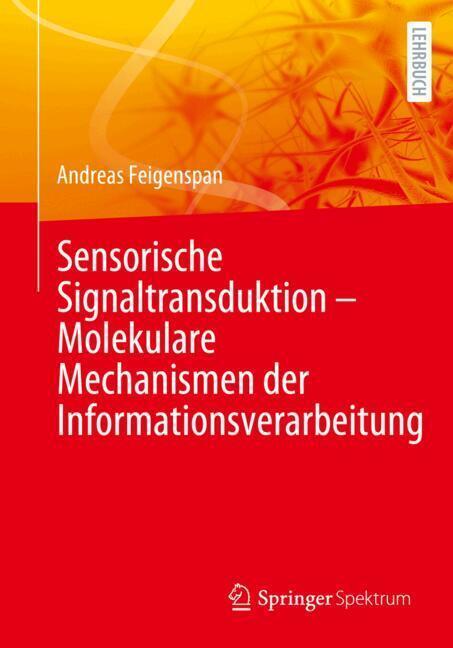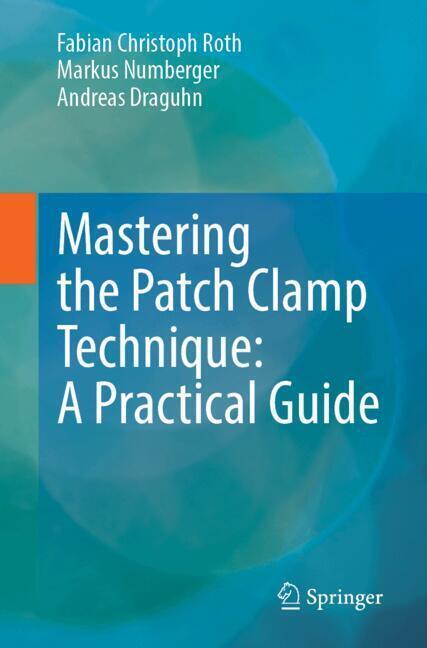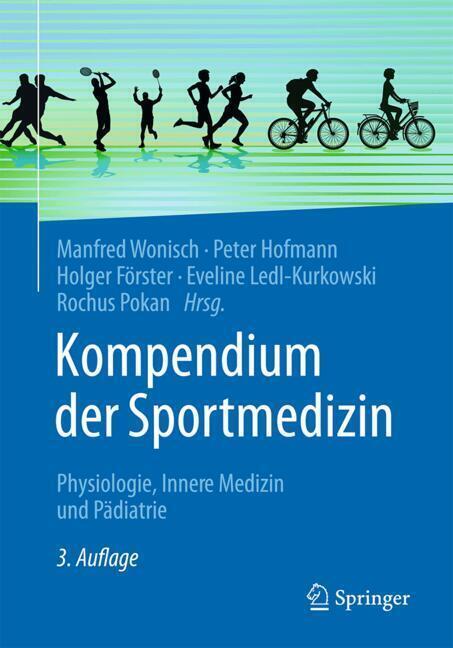The Extracellular Matrix and the Tumor Microenvironment
This book introduces the most important and best studied extracellular and pericellular molecules of the tumor microenvironment. It gives a comprehensive overview of their role in tumor development and cancer progression.
Twelve chapters deal with the biochemical and biophysical background of extracellular matrix (ECM) changes in the tumor stroma compared to the physiological state. The reader learns about the major ECM components that are deregulated during cancer development and how they are associated with cancer progression associated with survival, inflammation process, among others. These are followed by recent data about the cooperative activity of extracellular matrix in tumor metabolism, promoting cancer progression.
Two chapters focus specifically on the critical role of the ECM in tumor angiogenesis, linking this process to cellular infiltration and metastatic behavior of tumors.
The final part describes how the ECM influences the success of immuno- and chemotherapy in cancer patients, its potential as biomarkers for diagnosis, prognosis, and therapeutic target, as well as the mechanism of resistance-associated changes in the ECM.
The series 'Biology of Extracellular Matrix' is published in collaboration with the American Society for Matrix Biology and the International Society for Matrix Biology.
Ilona Kovalszky. MD, PhD, DSc. Semmelweis University Faculty of Medicine, Department of Pathology & Experimental Cancer Research, Budapest, Hungary. Professor emeritus of pathology. Previous leader of Pathology Doctoral School. She is board certified from pathology, internal medicine and diagnostic molecular pathology. Chief of Laboratory of Molecular Pathology. Research: Study the implication of tumor-stroma interactions related to progression of cancer. Her major interests are the regulatory mechanisms modified by proteoglycans in normal and tumor tissues. Introduction of recombinant gene technology for detection of proteoglycans participating in the process of cancer formation and metastasis. Molecular mechanism of liver fibrogenesis and carcinogenesis and molecular diagnosis for early detection of cancer.
Marco Franchi. PhD. Head of the course of Human Anatomy (C.I.)-Anatomy of the Locomotor Apparatus in the Faculty of Motor Sciences, University of Bologna, Bologna and Rimini. Teaching in the course on Human Anatomy in the Postgraduate School of Sport Medicine, Faculty of Medicine, University of Bologna. Research Assistant in the Faculty of Motor Sciences, University of Bologna. Research: study of the ultrastructure of collagen, the elastic system and proteoglycans; the study of the interaction between collagen and proteoglycans in fibrous connective tissues. Dr Franchi supervises investigations on the morphological and functional collagen arrangement of extracellular matrix in 3D cultures and the influence of different extracellular matrix molecules (glycosaminoglycans) on the phenotype and behavior and breast cancer cells.
Laura D. Alaniz. PhD. Independent researcher from CONICET. Adjunct Professor of Biological Chemistry and Immunology and Immunogenetics, ECANA, UNNOBA. Head of the Laboratory of Tumor Microenvironment in CIBA, CITNOBA. Research: Study the tumor microenvironment particularly extracellular matrix (ECM) as a modulator of the immunological behavior of different types of cancer. Besides, Dr Alaniz L directs studies of tumor resistance mechanisms associated with alterations of the ECM. Specifically, the laboratory focuses on the study of the glycosaminoglycan: Hyaluronic Acid and its metabolism in the context of solid tumors and tissue regeneration.
Kovalszky, Ilona
Franchi, Marco
Alaniz, Laura D.
| ISBN | 9783030997083 |
|---|---|
| Artikelnummer | 9783030997083 |
| Medientyp | E-Book - PDF |
| Copyrightjahr | 2022 |
| Verlag | Springer-Verlag |
| Umfang | 494 Seiten |
| Sprache | Englisch |
| Kopierschutz | Digitales Wasserzeichen |

